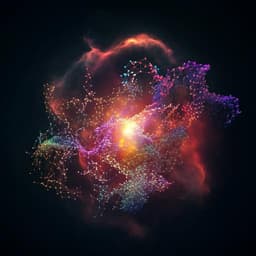
Psychology
Distinct neurocognitive bases for social trait judgments of faces in autism spectrum disorder
H. Yu, R. Cao, et al.
This research by Hongbo Yu, Runnan Cao, Chujun Lin, and Shuo Wang explores the neurocognitive underpinnings of social challenges in Autism Spectrum Disorder (ASD). It highlights interesting findings about the associations between personality traits and facial judgments, revealing nuanced differences between ASD and neurotypical individuals that could shed light on social and affective difficulties in ASD.
Related Publications
Explore these studies to deepen your understanding of the subject.







